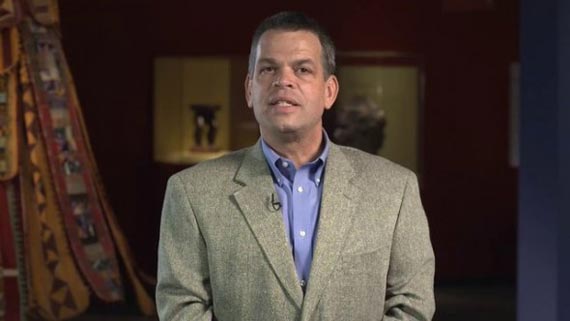
BULAWAYO has been the centre stage of attraction as it hosted the Zimbabwe International Trade Fair (ZITF) and I did not miss the opportunity to part of this great grandeur.
I Jonah Nyoni (JN) had a chance to chat with the US ambassador to Zimbabwe, David Bruce Wharton (BW) and I loved his golden excerpts on leadership.
According to the embassy’s website, “Ambassador Wharton’s diplomatic career includes other overseas assignments in Argentina, Chile, Bolivia, South Africa, and Zimbabwe. He received a BA from the University of Texas in Austin”
JN: How do you define leadership? BW: Leadership is enabling other people to fulfill their lives; that means economically or professionally and socially. A good leader is someone who can help others realise their ambitions.
JN: Is your view is a great leader born or made? BW: I think most likely it’s the combination of both. There are some people that are born to lead. I think late Nelson Mandela is a pretty good example. He was born into a royal family. He was raised in that sought of an environment and he understood leadership at a very early age, but at the same time he did things for himself. Educating himself, building networks and so it was a combination of the way he was born and how his mentors prepared him to be a great leader. JN: What would you say are the traits or characteristics of a good leader in a nutshell? DW: I have always thought that the definition of a true professional, whether you are professional leader or a physician or lawyer or politician, is to work themselves out of the job. Meaning, if I am a successful doctor I will cure all people around me and they will not need me anymore. I really good leader needs that sort of an idea. A really good leader prepares other people so that they can step up and become the leaders.
JN: Leadership is not a stroll in the park; there are ups and there are downs and if a leader out there is going through a torrid time right now what are your best words of encouragement? DW: Everybody needs to have the moving-forward or keeping-forward mindset. Putting one foot in front of the other; doing something useful and important every single day. That’s the best way to get through the torrid times. If you look at history there are plenty of leaders who went through really terrible times, but they refused to give up. They just kept working. A good leader has to have core principles in mind. Those things will help good leaders get through tough times.
JN: Let’s talk about someone who was born and breed in rural areas. How can they make themselves relevant to lead not only at a local level but on a global scale as well? DW: Recently, I talked with a man who is a leader in a small village. He talked about two things. First of all it’s about education. He did everything to become as educated as he could be. He never went to university, but he is a wise human being and he made the best of his high school education. The other thing he is constantly looking for ways to bring people together to do things that are good for their community. For example, he started a nursery for trees. So this community can re-plant tress after they cut them down. He started a community garden that can provide some income for people. So he is always looking for schemes to help his community to be stronger. So those are two things; his own education for his own betterment and constant creative thinking about what he can do within his own community.
JN: There is Young African Leadership Initiative (Yali) that the US introduced. What’s the programme about? Who is qualified to partake in this initiative? DW: Yali is actually an idea of President Obama. His father came into US when Africa was asserting its independence from colonial powers. When Africa began celebrating the 50th anniversary of independent nations, the president thought it would be good to give the next generation of African leaders a chance to see more of the world. The programme started in 2010. At this point, it’s a competitive programme. People apply; they propose business or entrepreneurial projects. Then there is a screening process. For 2014, there were about 1 500 applications from Zimbabwe and we interviewed about 150 of those people and it looks like 30 will be going to Yali this year, but we hope to continue it in the future.
- Chamisa under fire over US$120K donation
- Mavhunga puts DeMbare into Chibuku quarterfinals
- Pension funds bet on Cabora Bassa oilfields
- Councils defy govt fire tender directive
Keep Reading
For this year people are leaving in May and coming back in July.
It’s a six to eight week programme; which includes leadership training at some American universities, internships with American businesses and some time in Washington to share some ideas not only with President Obama, but with some members of our government. This programme is not just about helping young people from Africa understand the United States; it’s also about America understanding modern Africa.
Parting Point, JN: What’s your inspirational word to every reading leader? DW: Don’t give up! Have dreams. Keep them in mind and don’t give up!
Jonah Nyoni is an author, success coach and motivational speaker. Tel: 0772 581 918. Email: [email protected] Web: www.jonahnyoni.wordpress.com










